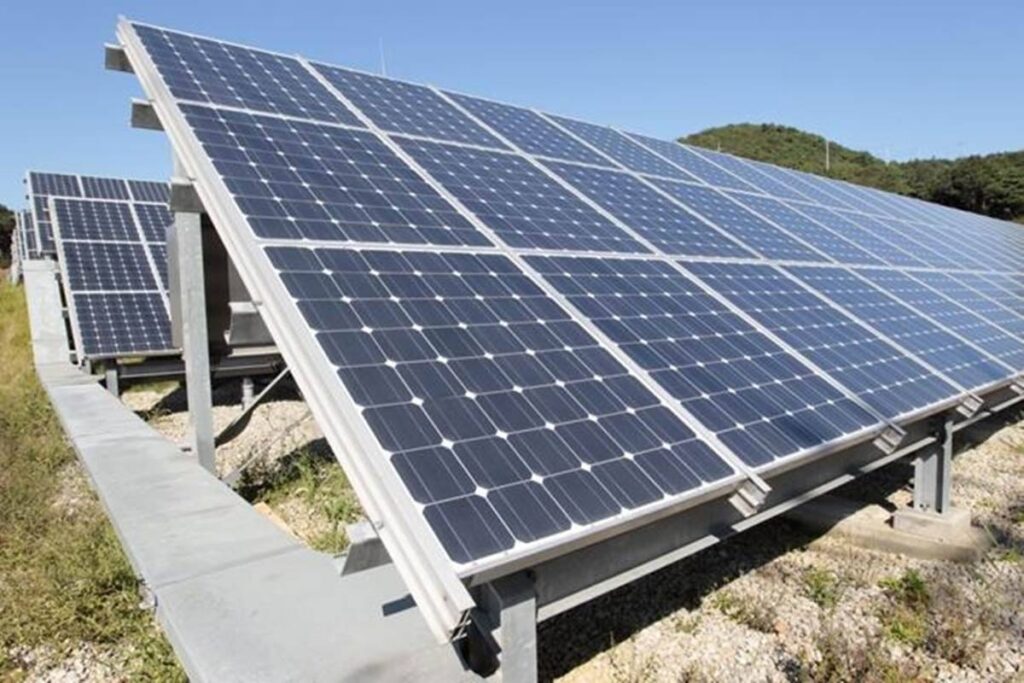Acknowledging that solar energy has a “huge promise” for India, finance minister Nirmala Sitharaman had said in her Budget speech that “to build up domestic capacity, we will notify a phased manufacturing plan for solar cells and solar panels”.

The Centre had imposed a 25% safeguard duty on solar imports from China and Malaysia in July 2018 for two years, which was extended to July 2021, at a rate of 15%.
Even though Union finance minister Nirmala Sitharaman did not mention any import restrictions on solar cells and modules to boost the domestic manufacturers, the ministry of new and renewable energy (MNRE) does not rule out the imposition of basic customs duty (BCD) on such items. Addressing the media about the implications of the budget on the renewable sector, MNRE secretary Indu Shekhar Chaturvedi said that “no way we can conclude that BCD will not take place”.
Acknowledging that solar energy has a “huge promise” for India, finance minister Nirmala Sitharaman had said in her Budget speech that “to build up domestic capacity, we will notify a phased manufacturing plan for solar cells and solar panels”. About 50% of the country’s 11 GW domestic solar panel capacity and another 3 GW of cell-manufacturing facilities remain unutilised.
A senior MNRE official said that the “phased manufacturing plan is a kind of policy which includes everything, including BCD”, adding that “we are waiting for some clarification from the department of revenue and we are hopeful to receive that within a day or two”. Owing to cheaper rates of imported modules, especially from China, solar capacity addition is majorly done through imported products, and domestic panel makers hope for fresh import restrictions to boost the industry.
Due to the Covid-19 restrictions, solar imports in April-November 2020 were $277 million, 80% lower than the imports a year ago. However, the pace of solar capacity addition has also dwindled to 2,100 MW in April-November, down 52% annually. The Centre had imposed a 25% safeguard duty on solar imports from China and Malaysia in July 2018 for two years, which was extended to July 2021, at a rate of 15%.
Explaining the proposed “National Hydrogen Energy Mission” pitched by Sitharaman in her budget speech, MNRE scientist PC Maithani said that the mission would put forward specific short term strategy and broad long term principles to develop India into a global hydrogen manufacturing hub and fuel cells technologies across the value chain.
